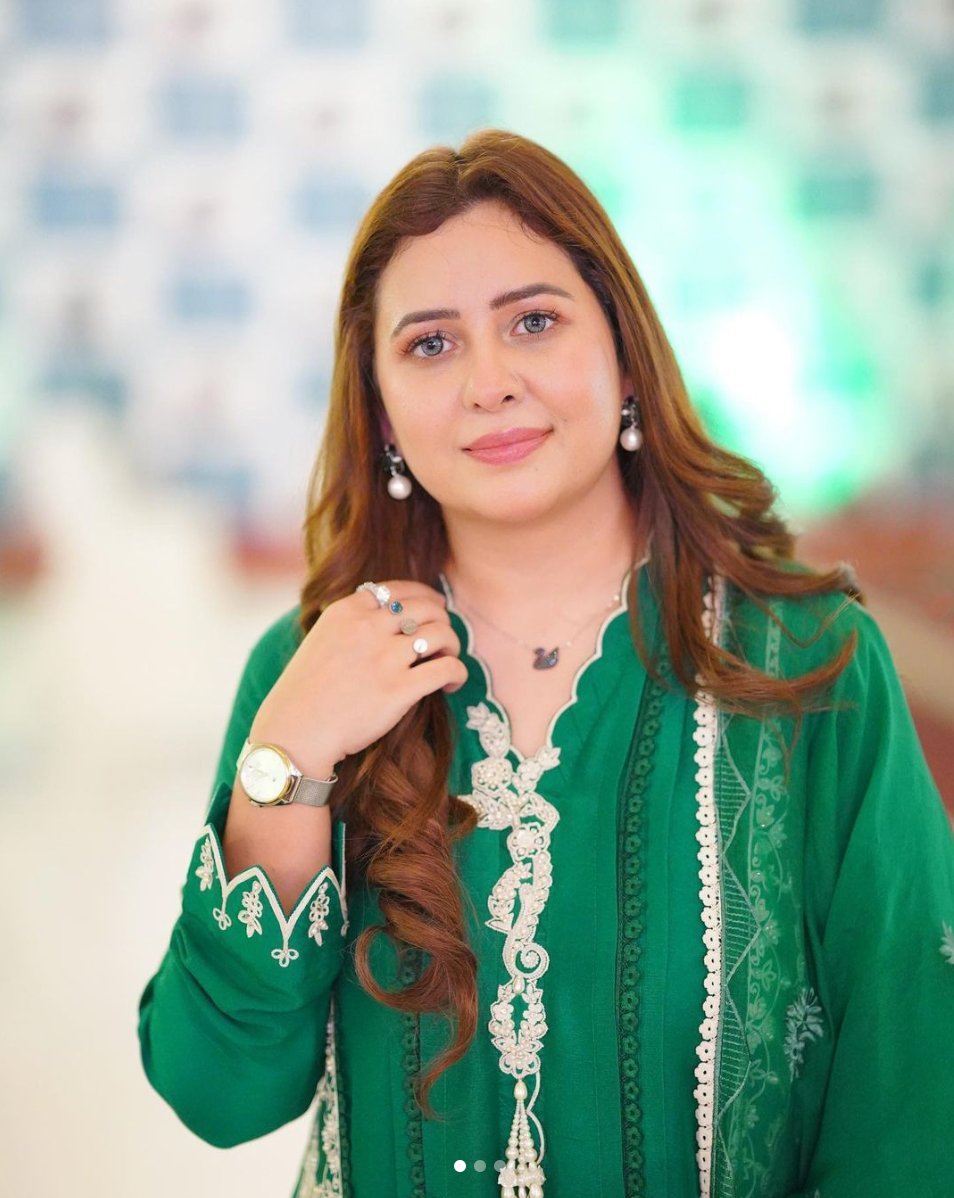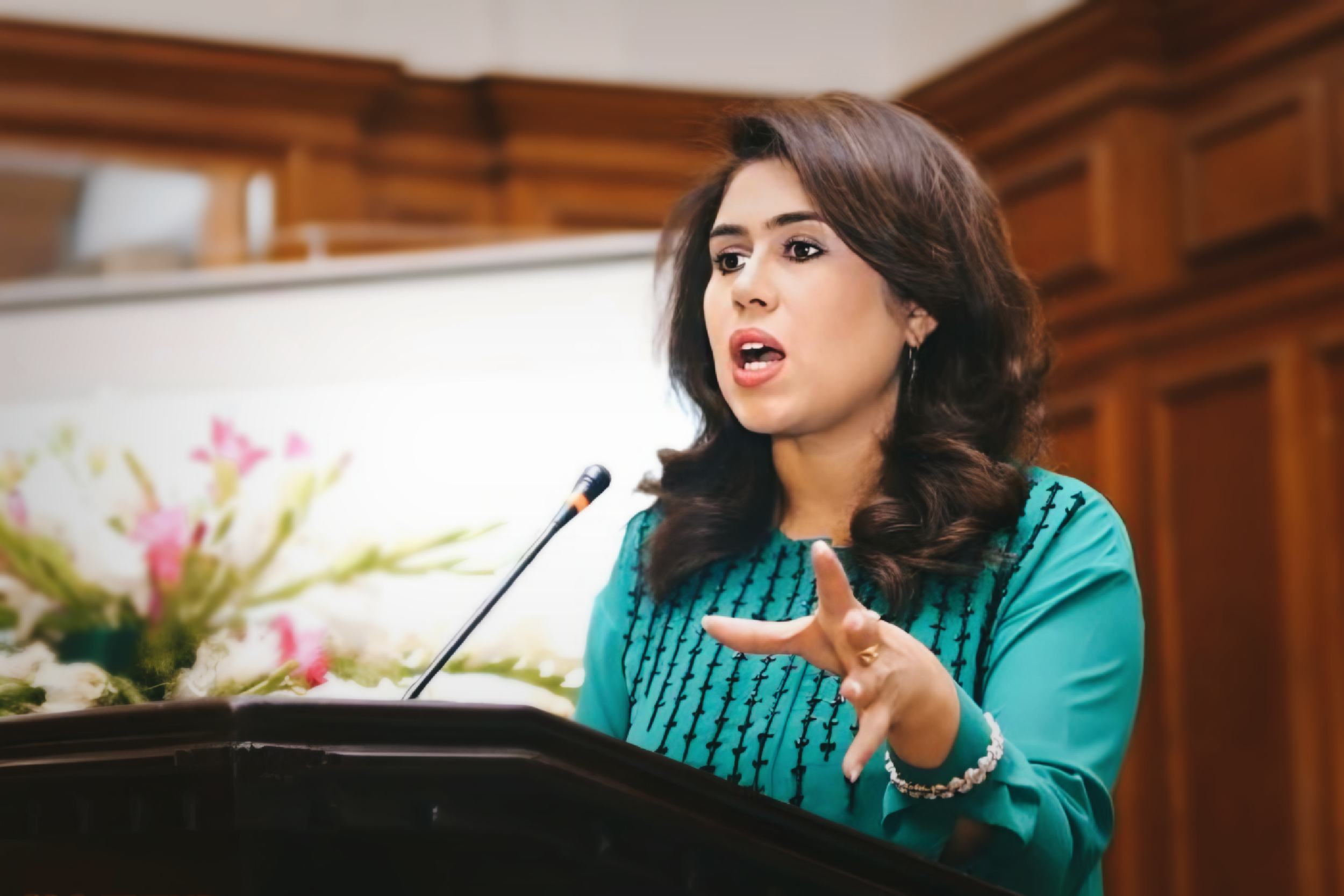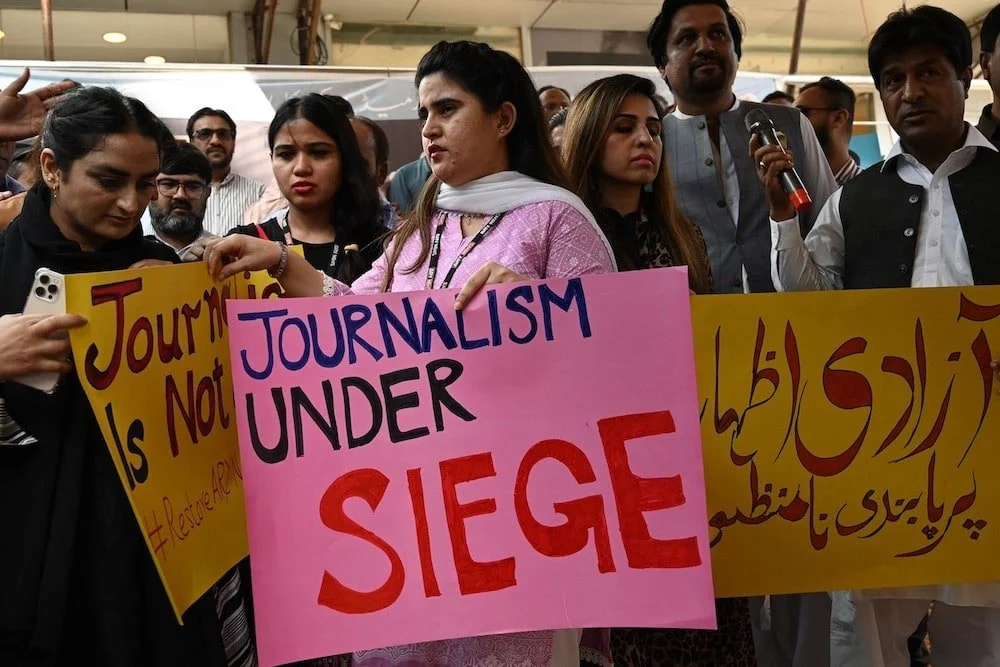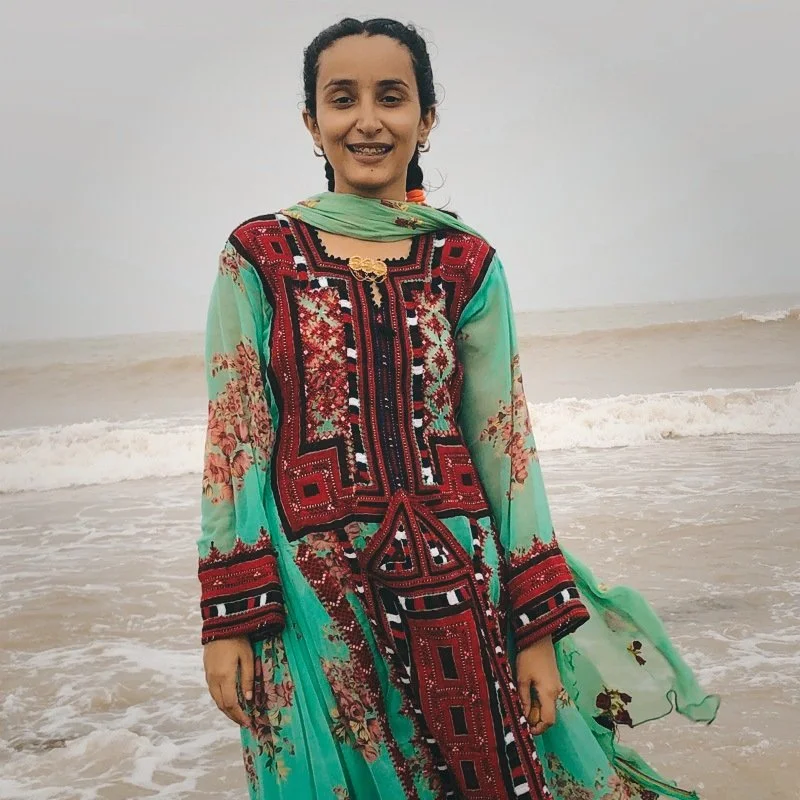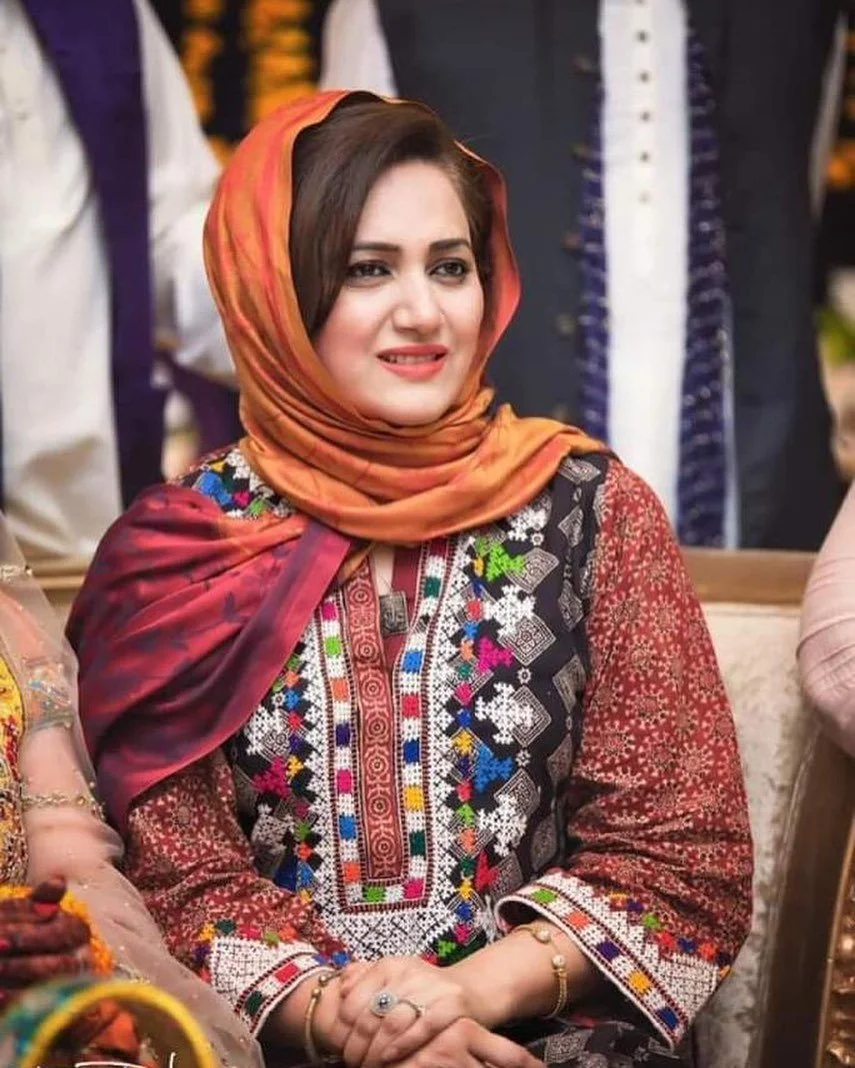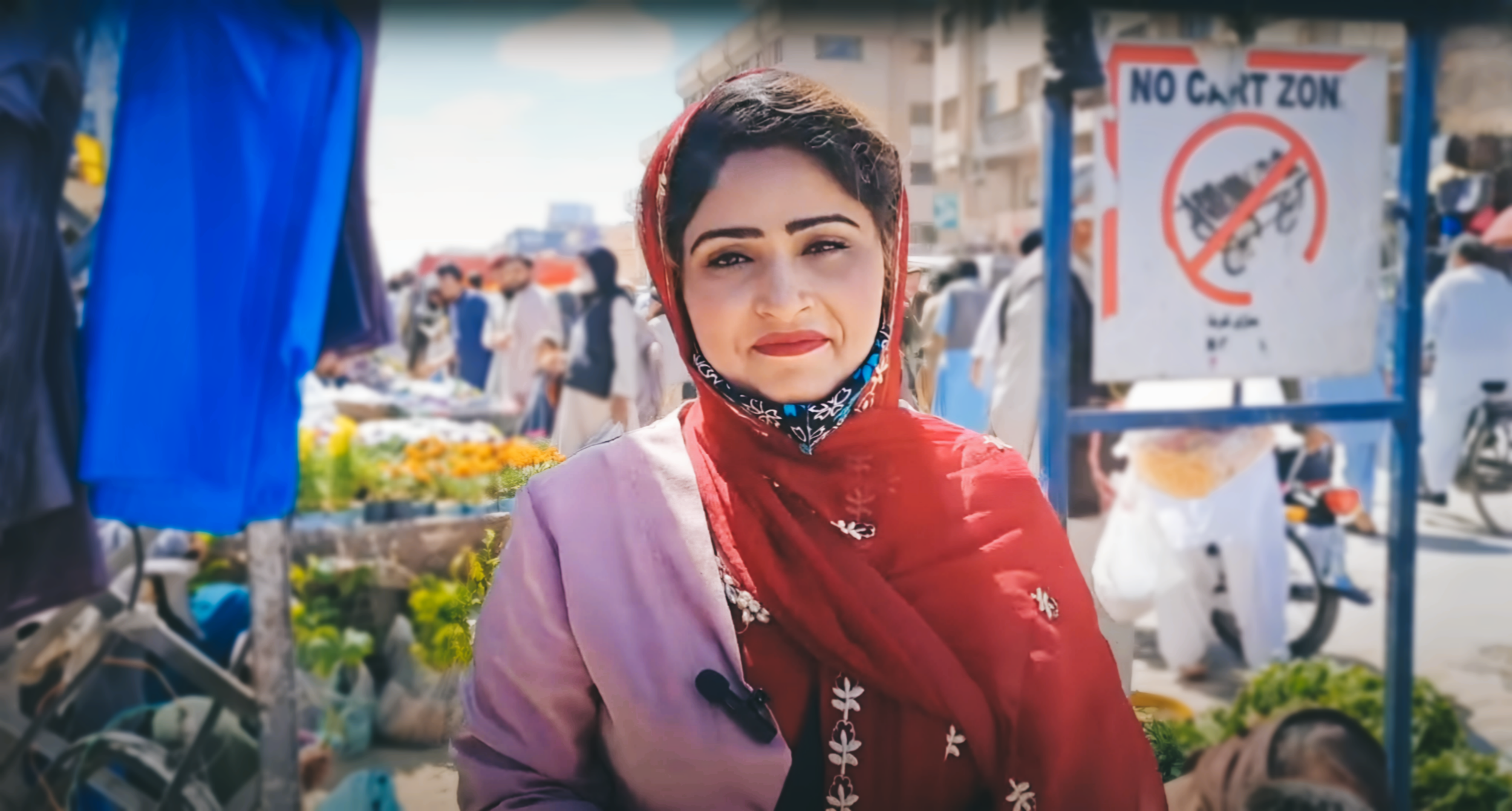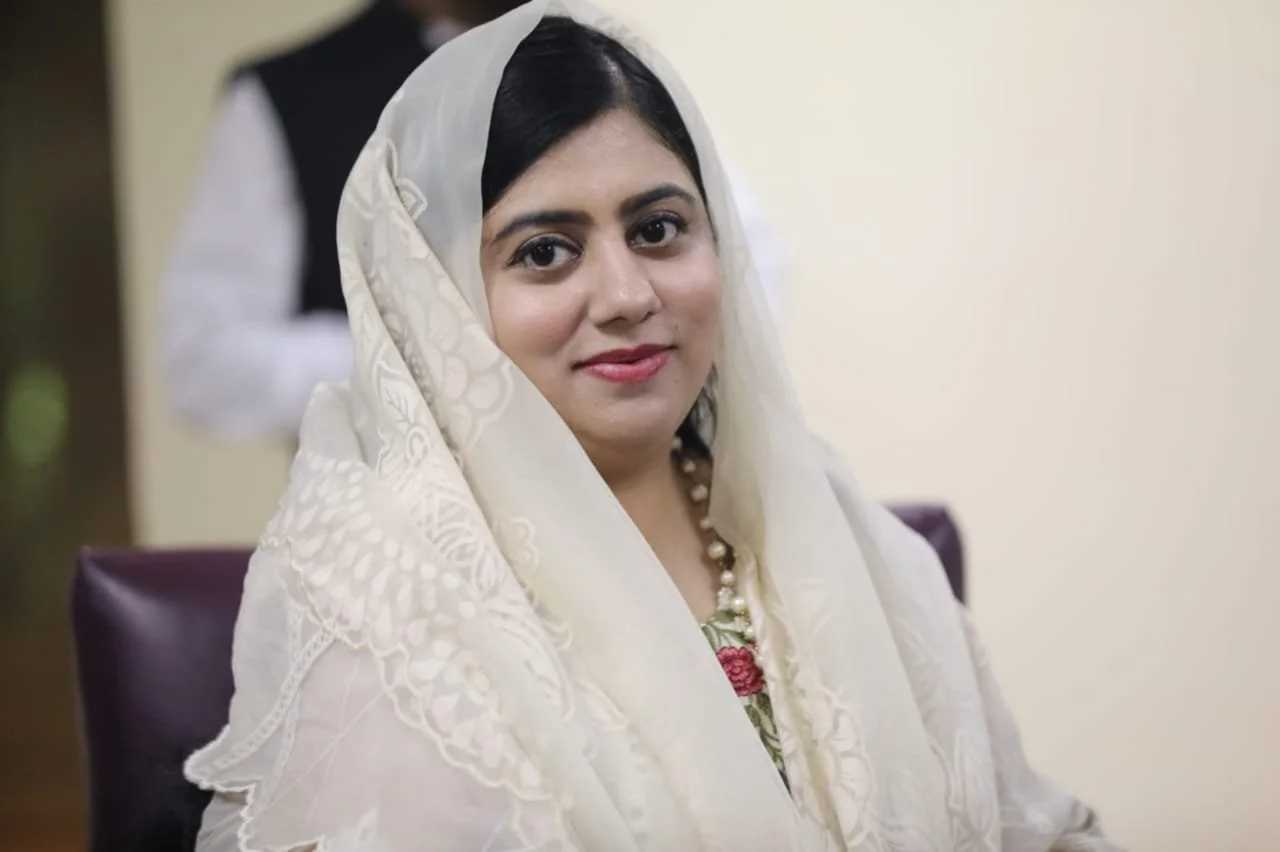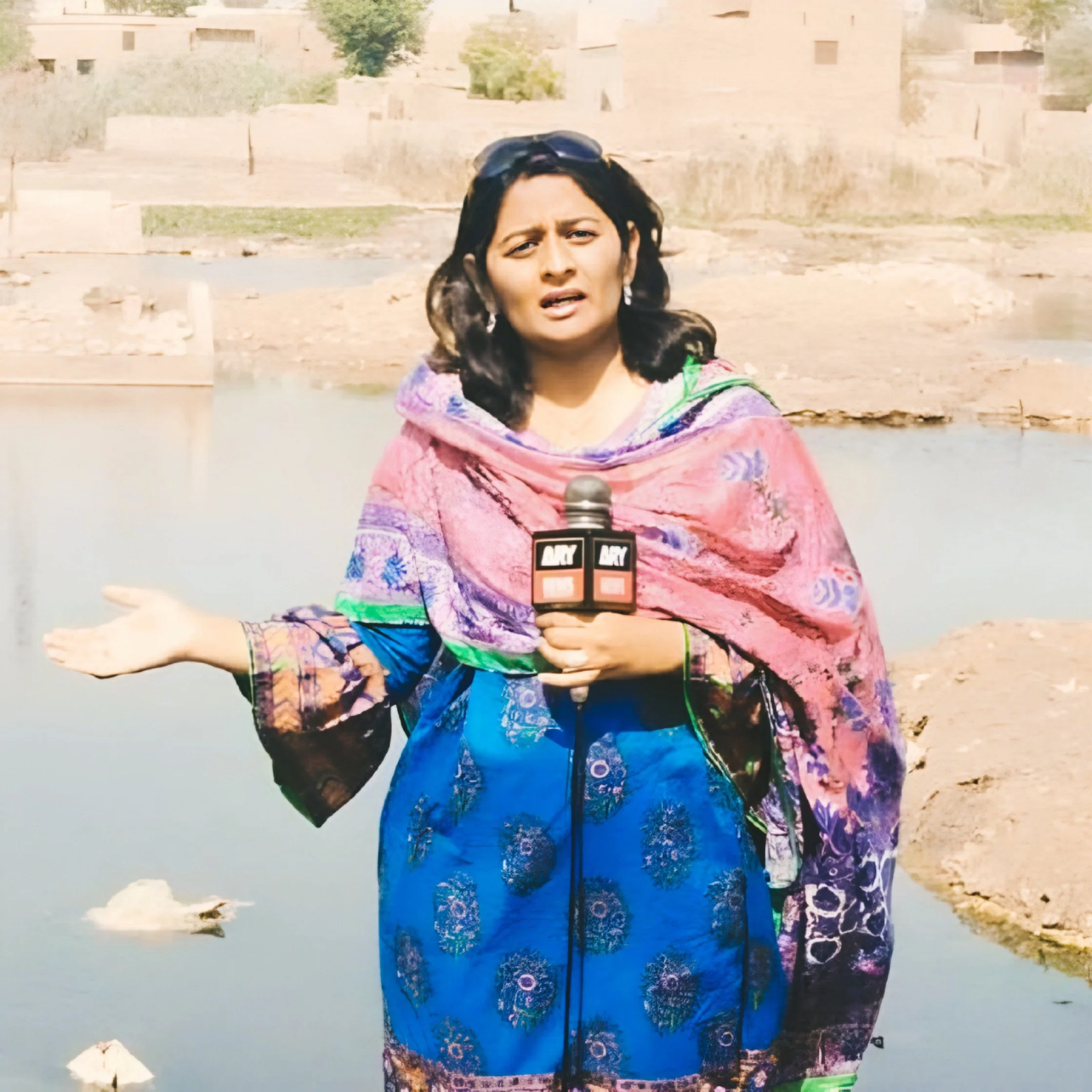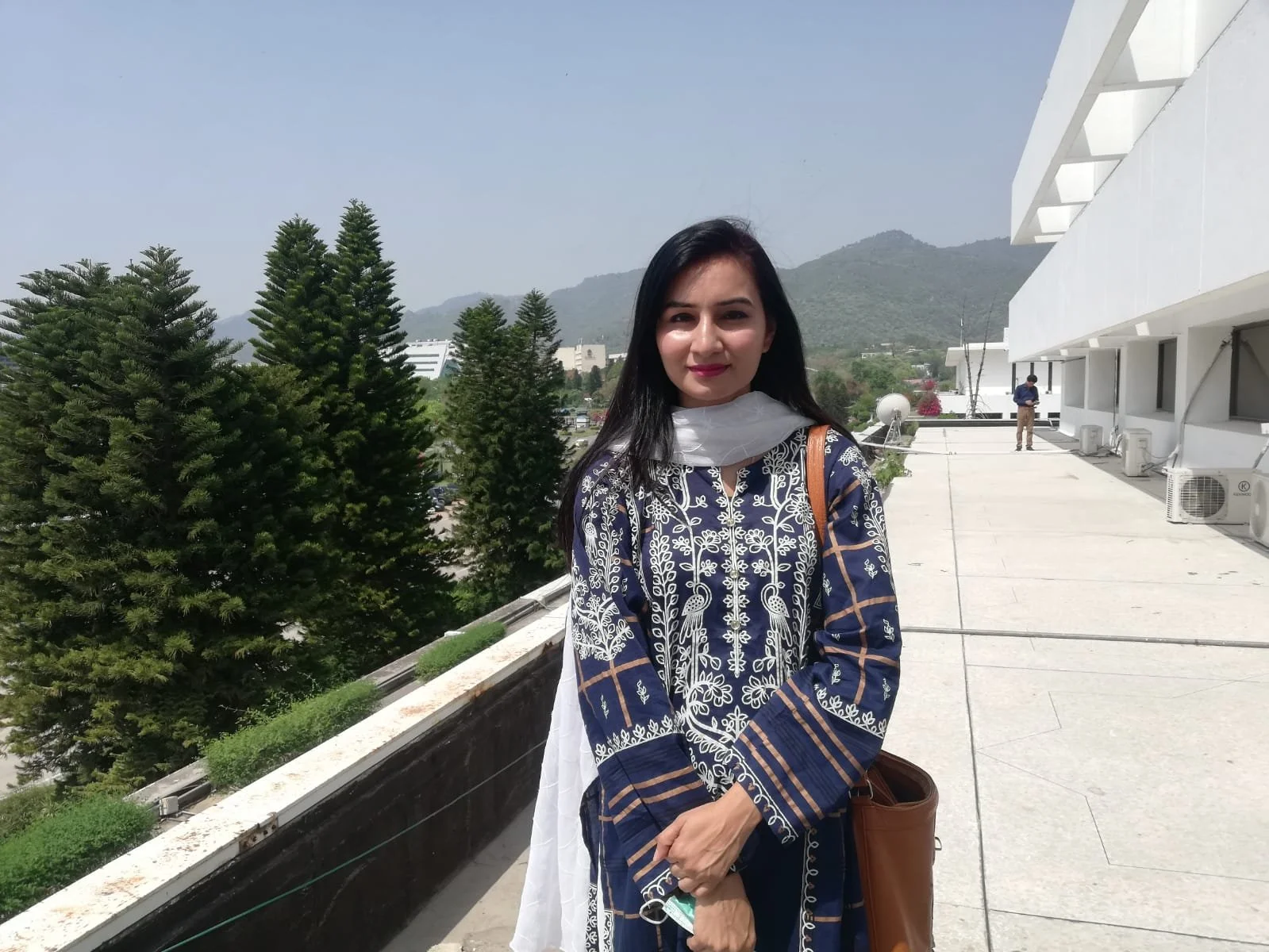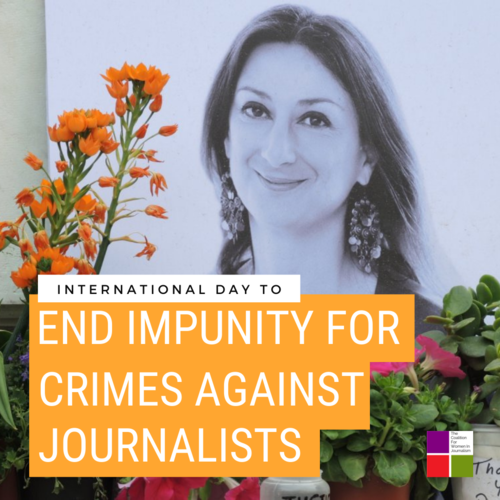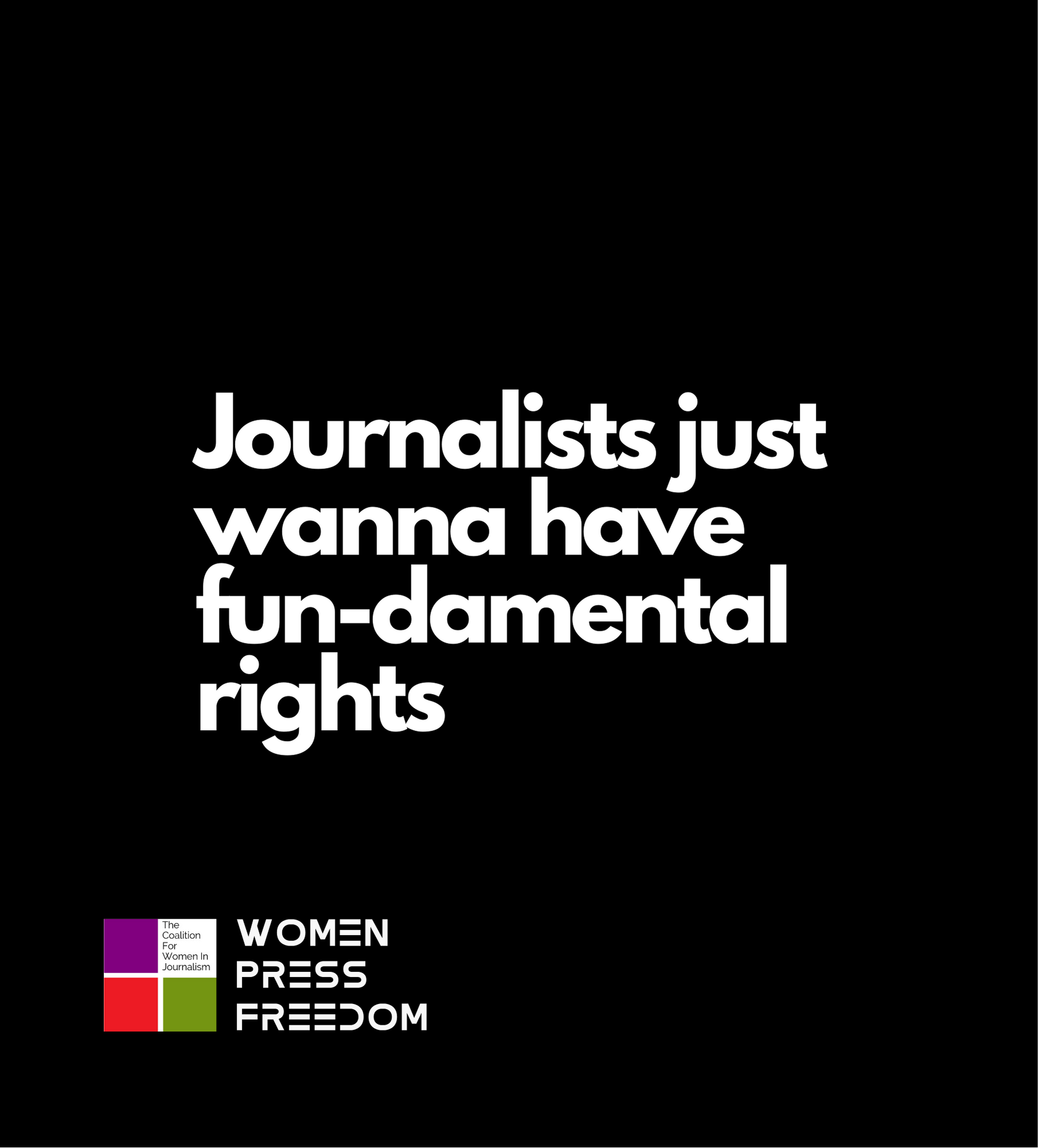Pakistan: Nadia Saboohi Details Harrowing ‘Psychological War’ Following Doxxing by Public Offical
Reprehensible act of doxxing invades Saboohi’s privacy and subjects reporter to onslaught of threats and harassment
Location: Peshawar, PakistanDate: April 17, 2024Women Press Freedom unequivocally condemns the doxxing and subsequent threats directed at Nadia Saboohi, a seasoned journalist of Geo News in Pakistan. This egregious incident occurred following Saboohi’s professional reporting on issues concerning the Khyber Pakhtunkhwa government, a task she undertook with the utmost diligence and adherence to journalistic standards. The aftermath, which saw her inundated with calls, threats, and vulgar content, is a glaring example of the risks journalists face, particularly in regions hostile to free press and women's visible roles in media. Women Press Freedom calls for an immediate investigation into this matter and for those responsible for both the doxxing and the threats to be held accountable. We also demand the implementation of stronger protective measures for journalists, including legal remedies against doxxing, enhanced security protocols, and a public reaffirmation of the government's commitment to upholding press freedom. It is crucial that journalists like Saboohi, who bravely report on sensitive issues, are assured that their safety is a priority and that they are not left vulnerable to such vicious attacks.
“I was at home when someone shared the tweet with me, informing me that my number was publicized. Soon after, I began receiving so many calls that I couldn’t comprehend what was happening with me,” Nadia Saboohi, a long-time correspondent for Geo News, tells Women Press Freedom.
“[There were] threats, vulgar content including being told that I was lying in my story and asking for a bribe,” the journalist detailed, recalling a recent doxing incident that disturbed her for nights.
Saboohi, the first television journalist from Pakistan’s conservative Khyber Pakhtunkhwa (KP) province, has been reporting as a broadcast journalist for the last 26 years and is known for covering women, conflict, and terrorism.
Known for her diligent journalism, Saboohi had been investigating the purchase of new cars for provincial officials following the recent general elections on February 8.
The story focused on a government summary about acquiring new vehicles for the provincial secretary and Social Welfare Adviser Mashal Yousufzai. In her commitment to balanced reporting, Saboohi sought comments from Yousufzai to include the government’s perspective. Yousufzai confirmed the journalist's findings but noted that the KP chief minister had yet to review the summary.
Despite following rigorous journalistic standards, Saboohi's report led to unforeseen consequences. Yousufzai, in a turn of events, accused the journalist of attempting to extort money in exchange for withholding the publication, allegations Saboohi denies. The advisor took to Twitter to voice these claims and further escalated the situation by doxxing Saboohi, publicly sharing her personal mobile number. Yousufzai also called her reporting “propaganda” while sharing images of the summary.
The release of her contact information resulted in a flood of calls and messages to Saboohi, many of which contained threats and abusive language, leaving the journalist in a state of distress and fear for her safety.
Saboohi is among the many Pakistani women journalists who’ve been targeted through doxing by trolls and abusive individuals, particularly on social media, because of their work.
Gharida Farooqui is one such journalist who remains a regular target of trollers and abusers on social media. In February this year, Farooqui was a target of a deliberate and organized campaign.
Our investigation, by examining an extensive dataset comprising information on hundreds of people targeting the journalist, revealed the underlying attack against her. It marked the most extensive instance of organized digital violence Women Press Freedom ever recorded in the region against a journalist after India’s Rana Ayyub. For nearly a decade, Farooqi has been disproportionately targeted, particularly in online spaces.
Meanwhile, Saboohi, for whom this episode remains torturous, becomes more vulnerable to the threats owing to reporting rooted in one of the country’s most conservative societies where women stepping outside their homes is still looked down upon.
“I faced a lot of difficulty when my mobile number was made public by the advisor. I received threats as well and really inappropriate content was being sent to me. I was mentally tortured, as my mobile was constantly ringing,” she says.
“I was mentally tortured, as my mobile was constantly ringing”
When Saboohi broke the news, journalists from other channels began contacting her: “I returned home [from work] and was praised a lot for the major story. We usually break stories and I wasn’t expecting such an overwhelming reaction to it.”
Saboohi added that the mental health of KP’s journalists has already deteriorated following their coverage of terrorism and other similar stories, but this recent episode immensely affected her on a psychological level. She mentioned being worried about the possibility of doctored images or videos.
“My story was factual, as I had followed the rules while breaking it, including adding the advisor’s stance. But the only issue that kept me worried was the use of doctored content. How would I then have told people to believe me?”
Saboohi adds that she is still mentally upset after what happened with her. “A story for a journalist is their entire asset and while I did get a lot of appreciation for it, what happened was a psychological war.” Especially when they go to sleep at night, terrifying thoughts about her own safety and her family’s well-being keep the reporter awake.
“God helped me stay resolute and win throughout the episode. But at least it left me feeling satisfied that this was not yellow journalism but perfect journalism,” Saboohi maintains.
The long-time journalist received absolute support from her organization and the journalist’s community from all over Pakistan. Peshawar Press Club (PPC), Khyber Union of Journalists (KhUJ), Women in Media Alliance (WIMA) and Pakistan Federation Union of Journalists (PFUJ), among others, called out the provincial advisor for her inappropriate act of doxing a woman journalist.
“My news director suggested filing defamation against them. Other higher officials in the organization including Rana Jawad and Zahid Hussain also extended their support,” Saboohi says in conversation with Women Press Freedom.
Yousufzai received immense backlash after posting the tweet and its repercussions being borne by Saboohi. She was asked to remove the offensive tweet and extend an apology to the journalist.
The journalist, who received an apology from Yousufzai much later following the episode, said she was being suggested to avenge the government advisor after she doxed her and was disappointed to have been treated that way by a woman.
“My story was factual; it was sound and there was no error or anything of that sort. I also added her stance, but she still did that with me. People also told me publicize her number, drag her on social media. But as a woman, I did not find it appropriate to treat her the way she treated me.”
“My story was factual; it was sound and there was no error or anything of that sort. I also added her stance, but she still did that with me. People also told me publicize her number, drag her on social media. But as a woman, I did not find it appropriate to treat her the way she treated me.””
She stresses that politicians should also understand they cannot defame and blackmail a journalist for a factual story.
Commenting on the state of press freedom in Pakistan, the veteran reporter believes there are many difficulties. “There are also issues and policies related to the organizations they work for, but those who want to report do it anyway. There are a lot of such stories that we work on and this is what a journalist must do.”
Despite the challenges, Saboohi advocates for the number of women in the field to increase.
“There are challenges, too, but then what does a challenge mean if it is not taken head-on,” the journalist explains, adding that she has professionally done all the work that a male journalist can do in KP, including stories related to terrorism.
Women Press Freedom condemns in the strongest terms the doxxing and subsequent threats against Nadia Saboohi. Journalists like Nadia Saboohi, who courageously navigate challenging environments to bring truth to the public, must be assured of their safety. They should never be subjected to harassment or threats for their work, especially not from those in positions of power. The mental and emotional toll on Ms. Saboohi highlights the urgent need for support systems that address the psychological well-being of journalists, particularly in conflict-sensitive zones. Women Press Freedom stands with Nadia Saboohi and all journalists who face similar threats. We call for an immediate and thorough investigation into this incident, demanding accountability for those responsible for both the doxxing and the orchestrated harassment that followed. Further, we insist on the establishment of robust protective measures for journalists, including legal actions against doxxing, improved security protocols, and a firm commitment from all levels of government to protect press freedom.
Women Press Freedom is an initiative by The Coalition For Women In Journalism
The Coalition For Women In Journalism is a global organization of support for women journalists. The CFWIJ pioneered mentorship for mid-career women journalists across several countries around the world and is the first organization to focus on the status of free press for women journalists. We thoroughly document cases of any form of abuse against women in any part of the globe. Our system of individuals and organizations brings together the experience and mentorship necessary to help female career journalists navigate the industry. Our goal is to help develop a strong mechanism where women journalists can work safely and thrive.
If you have been harassed or abused in any way, and please report the incident by using the following form.













